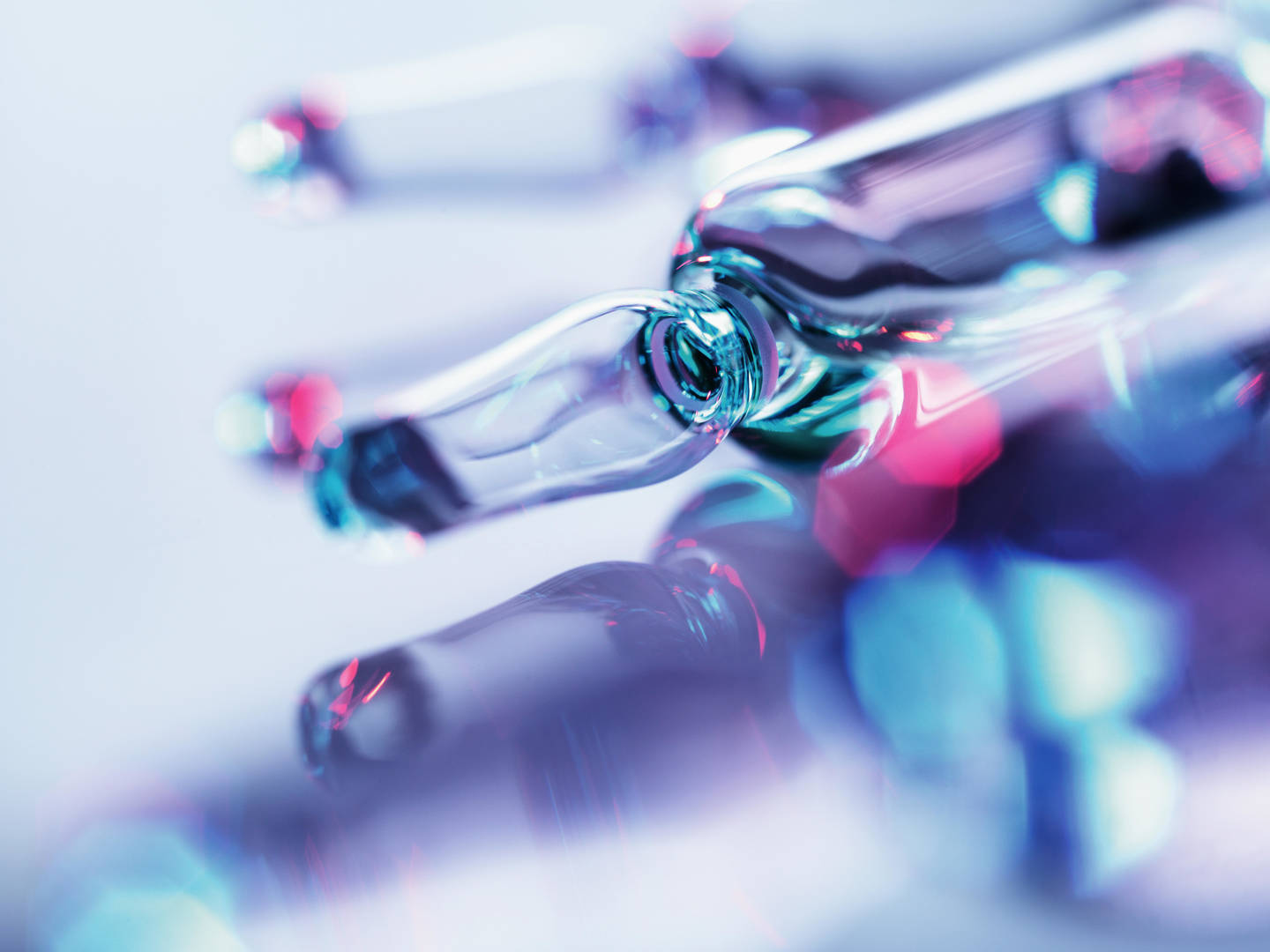How innovations in cryologistics support patient access to advanced therapies
By Andrea Zobel


Cell and gene therapies (CGTs) require advanced logistics solutions to ensure treatments reach patients on time and in the right condition. Biopharma companies need to be aware of the infrastructure required to fulfill the demands for storage and transportation of cell-based therapies.
As leaders of the world's advanced therapies developers gathered in London for Europe's largest CGT conference, Advanced Therapies 2023, AmerisourceBergen’s World Courier, a global specialty logistics provider, shared insights on the critical factors to consider to preserve integrity in the supply chain. Highlighting the learnings from our longstanding collaboration with the Advanced Therapy Treatment Centers (ATTC) Network in the UK, we also explained how we helped them eliminate liquid nitrogen from their logistics.

Requirements for cell and gene therapy logistics
CGTs have unique logistical requirements to successfully deliver treatments. Those considerations are complex, often bespoke to each new drug, and require seamless connectivity. The three main requirements are:
1. Time criticality: Fresh cells need to be delivered to waiting patients on time.
2. Chain of Custody (COC): The right therapy needs to go to the right patient, so the chain of custody must be tracked.
3. Cryogenic logistics: CGTs have specific temperature ranges and require cryogenic (below negative 150ºC) conditions.
Why frozen cells are necessary for CGT
Frozen cells are necessary for both donations and therapies because fresh cells are only viable for 12 to 96 hours. Cryogenic conditions extend the shelf life of cells and create the possibility of keeping samples to conduct quality tests later.
Pros of freezing cells:
- Very long shelf life of cells below -150°C allows for permanent storage of finished therapies and samples
- Global distribution is possible by extending shelf life for months at frozen conditions
- There is time for quality control and import/export processes
- Standardized freezing and thawing procedures as well as equipment are available
Cons of freezing cells:
- Potential loss of viable cells due to the freezing and thawing process
- Freeze protection agents are required, which can impact therapy tolerance and can cause side effects
- Extension of production time due to logistics for freezing procedures and when transporting to freezing facilities
- More time is needed for therapy implementation at treatment centers
Development of CGT shipments
CGTs that require cryogenic shipments are growing. Since 2012, World Courier has seen an increase in cryogenic shipments with more than 42,500 shipments sent to more than 1,500 sites in 2022.1
There is growing demand for specialized cryogenic infrastructures across the globe so that manufacturers, treatment centers, and patients are located within a reasonable distance. The CGT cryogenic supply chain requires charging capabilities and storage capabilities in key locations with the potential to expand across a global network. Besides these requirements, there is an increasing need for charging centers for both liquid nitrogen shippers and shippers powered by electricity.
Barriers for patient access to CGT
Currently, there are not enough treatment centers to give patients access to CGT.
The main barriers are:
- Only a few treatment centers have their own good manufacturing practice (GMP) compliant capabilities
- Low number of treatment centers equipped to administer CGT treatments and lack of cryogenic storage and easy to use equipment
- Treatment centers lack experience with cryogenic shippers and do not know how to handle ultra-frozen CGTs
- Infrastructure is still in development
- Lack of acceptance from regulators
Biopharma companies need the right partner to overcome these barriers. World Courier has its own charging facility network that provides convenient and reliable solutions for cryogenic shipments. It can also tailor custom solutions to fit the unique needs and requirements of CGT shipping. With 22 strategic locations to reach the fastest-growing markets, World Courier's network of GMP-compliant depots offers storage of investigational medicinal products (IMPs), commercial drugs, and ancillaries.
How World Courier helped ATTCs
Treatment centers face unique logistical challenges when they offer advanced therapies to their patients. Logistics is a key part of the supply chain that connects important therapies to patients, but there are many challenges in rolling these out, such as complexities in transporting cells, highly specific storage and transport temperature requirements, and a lack of familiarity with such products in some hospitals.
In 2018, World Courier embarked on Innovate UK's multi-year project to support the deployment of cutting-edge cell and gene science and develop systems and processes capable of delivering advanced therapies at scale.
The knowledge from the project will be felt beyond the United Kingdom to support the adoption of CGTs in various healthcare settings. One of the takeaways was how we tackled the challenge of using liquid nitrogen dewars (double-walled flasks). World Courier and Cytiva, a global provider of technologies and services that advance the development, manufacturing, and delivery of therapeutics, collaborated on the development of the VIA Capsule, a liquid nitrogen-free cryogenic shipper.
We then worked with the Advanced Therapy Treatment Centers in the United Kingdom to eliminate liquid nitrogen from their supply chain by using the VIA Capsule to deliver advanced therapies to patients
The highlights of the VIA Capsule are:
- A custom, high-performance dewar with a wide neck needed for large cryobags and a chamber optimized for shipping single therapies
- Useful for treatment centers not familiar with liquid nitrogen and/or the need to store the product for a longer time before the treatment
- Removes concerns over handling a dry vapor shipper
- Can be plugged in at the site and stored up to 60 days
- Stirling engine based cryocooler cools base unit prior to shipment to give extended storage when connected to power and the ability to validate insulation quality
- Internal thermal core provides 5 days of passive standby power when disconnected from power
- Integrated 3G monitoring probe gives real-time condition and GPS tracking via Chronicle
- Fold-away wheels are ready for stable, easy maneuvering within a facility without increased shipping volume
Biopharma companies face unique cryologistic challenges when shipping cell and gene therapies. Collaboration with the right partners can ensure a full understanding of the supply chain requirements, including logistics critical to ensuring CGT treatments reach patients on time. At AmerisourceBergen, we work together with therapy developers and partners to identify and overcome barriers along the clinical and commercialization journey, envisioning new paths to deliver healthier futures around the world.





